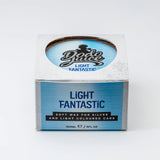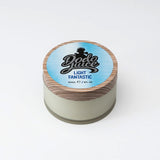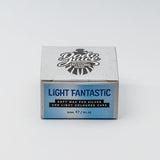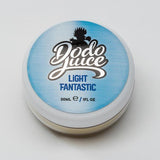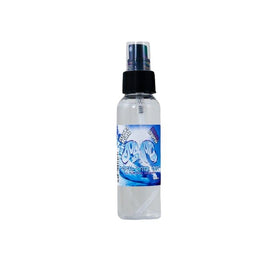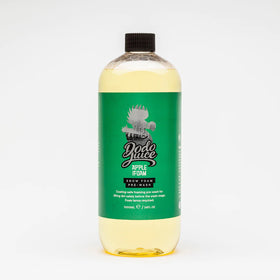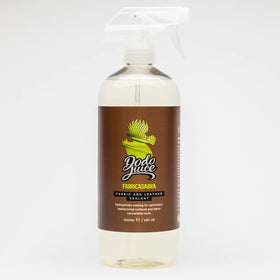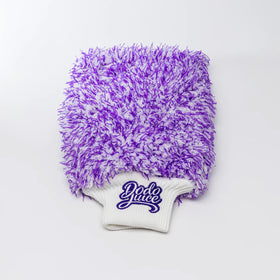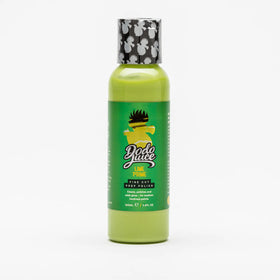Dodo Juice Light Fantastic Soft Wax (For Light Colours)
No colour, white beeswax (along with pure T1 carnauba) and a drop or two of coconut oil… light ingredients for a light wax for light coloured cars… makes sense, right?
We even insist our techs wear white coats when they make it. In a white room. Listening to The Beetles 'White' album. No wonder it suits paler paintwork, including whites, silvers and light metallics.
This carnauba-heavy wax has a soft consistency, so spreads onto paintwork really easily, before hazing in a few minutes and then buffing off to a beautiful, water repellent, shine. Vintage and classic paints will appreciate this formula far more than modern hybrid waxes or sealants, as will PPF film (they hate strong solvents, you see).
And because there's no dye, you can use it on any coloured car - including the palest, softest and most delicate paints - or sensitive PPF or wrap finishes without worrying about discolouration or solvent aggression.
Recoating interval? About every 2-3 months, but that's on a daily driver. On a garaged classic car used occasionally we'd probably re-wax once a year.
Hard vs Soft Wax - which is the one for you? Whilst many of our waxes have a standard consistency, we make some of our waxes a little firmer or softer than normal. Softer waxes are easier to spread by palm or fingertips. Hard waxes often cure faster and go further, because they are less likely to be accidentally over-applied. Both contain similar amounts of carnauba and beeswax and performance will be similar. Harder waxes may cure better if you are new to waxing, so these may seem to offer more performance. And soft waxes may feel glossier due to their 'sorbet' like texture. It often comes down to personal preference - there's no right or wrong with wax texture, it just comes down to what you like.


